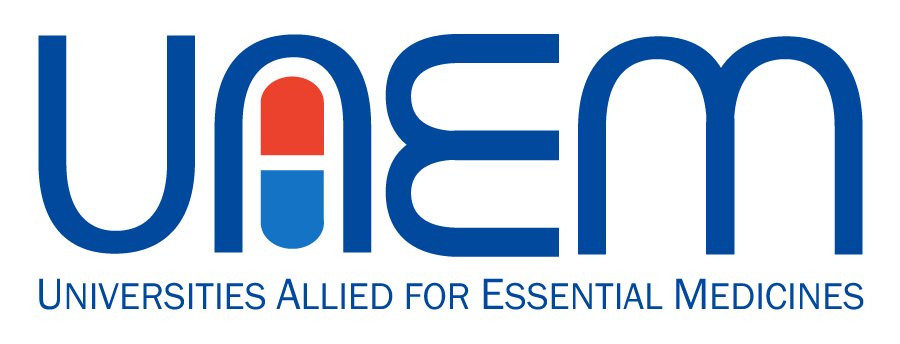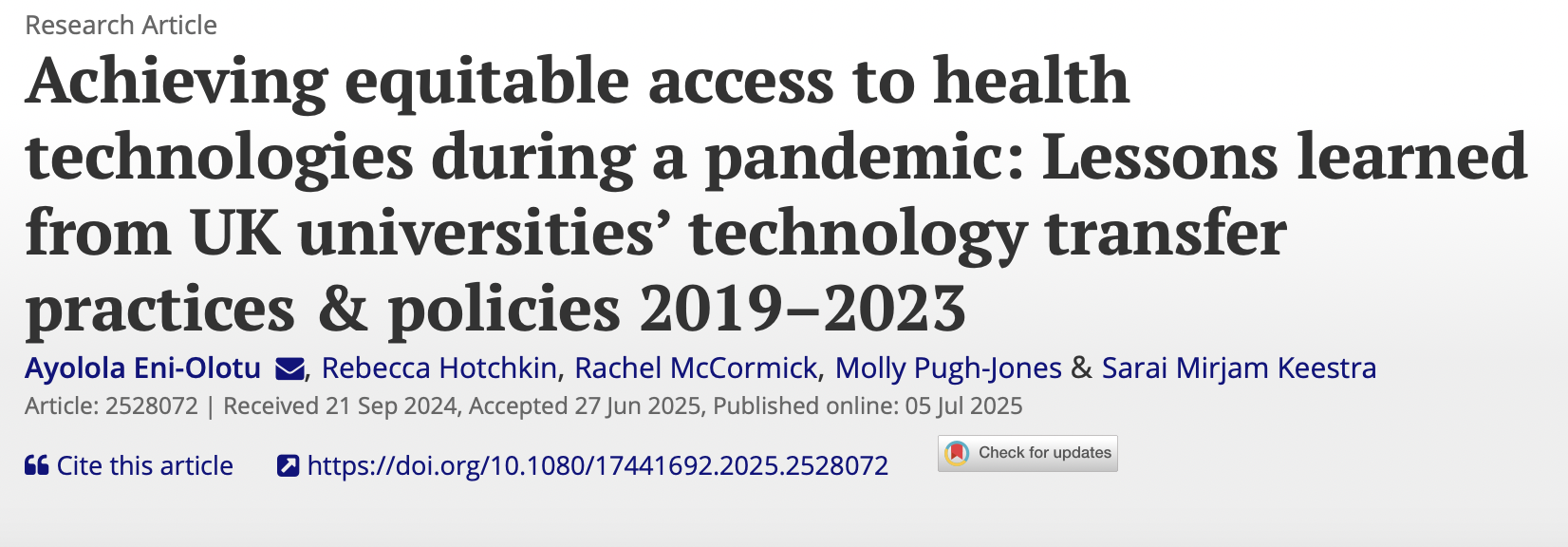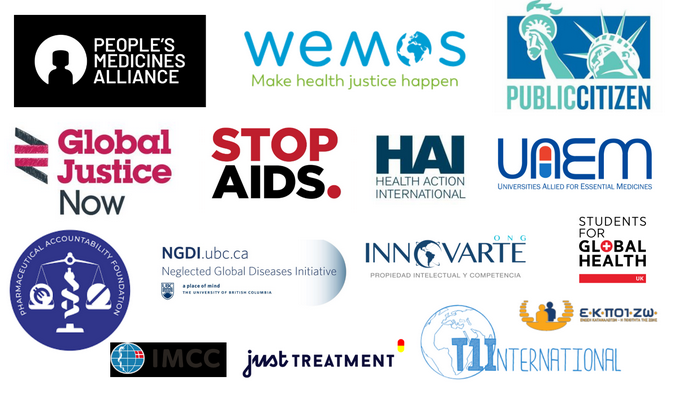
Join the Student Movement for Access to Medicines
The Latest:
Upcoming events.
Join UAEM for global events, regional events, and more.
We’re a network of students all over the world fighting for an equitable research, development, and access to medicines ecosystem.
Find an event near you or online to learn more.


